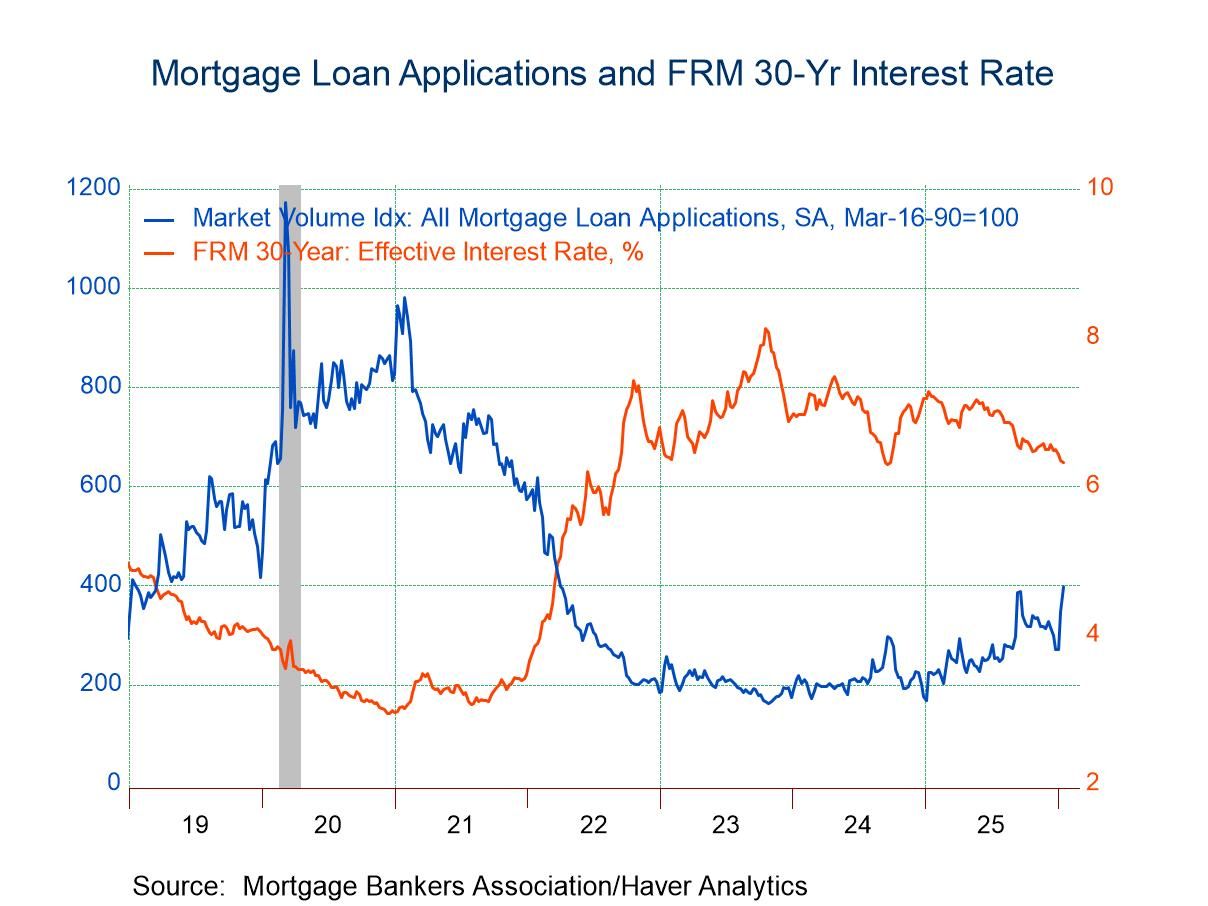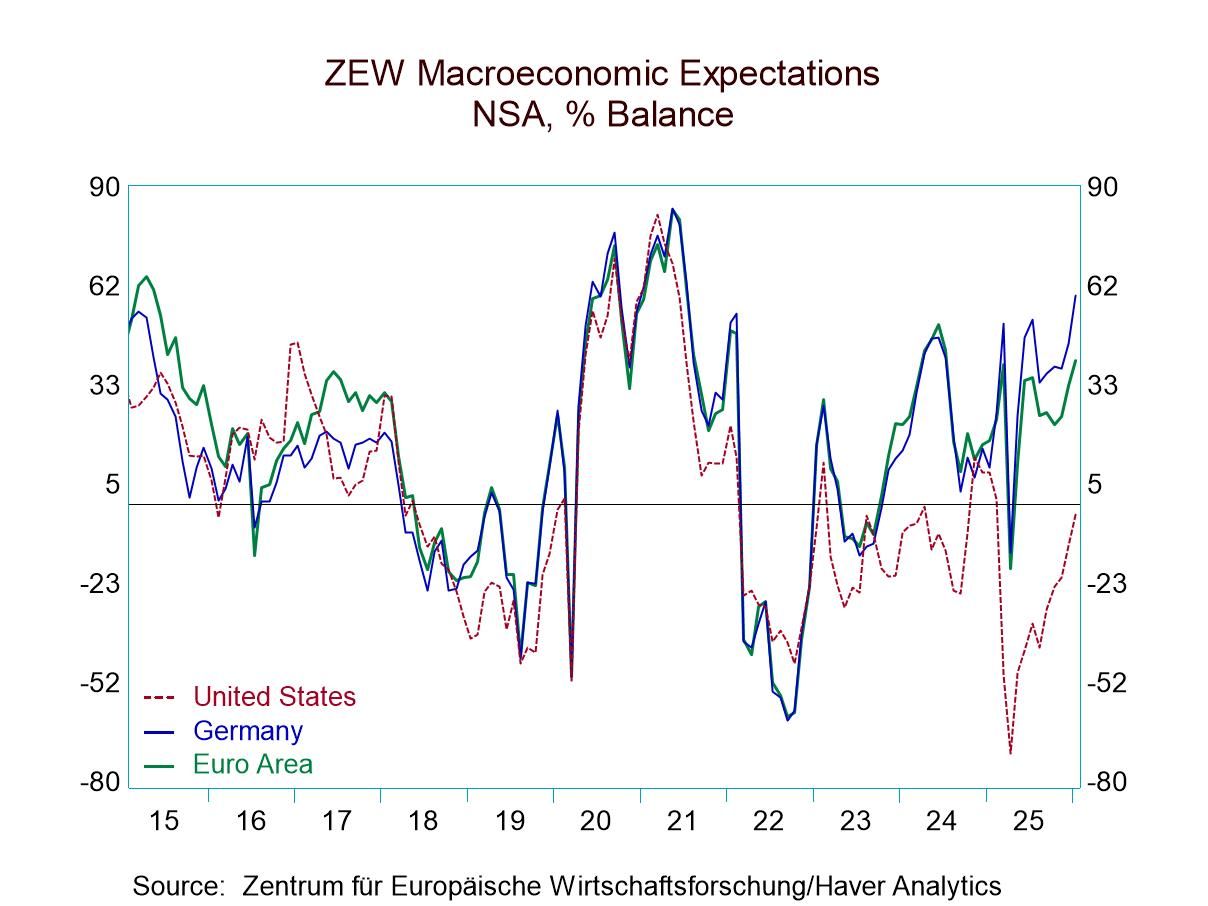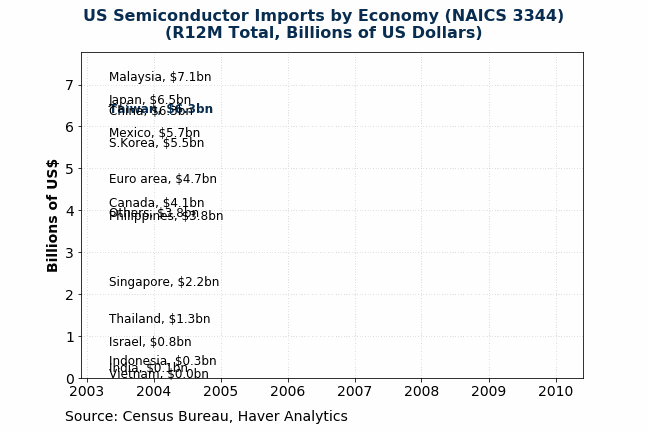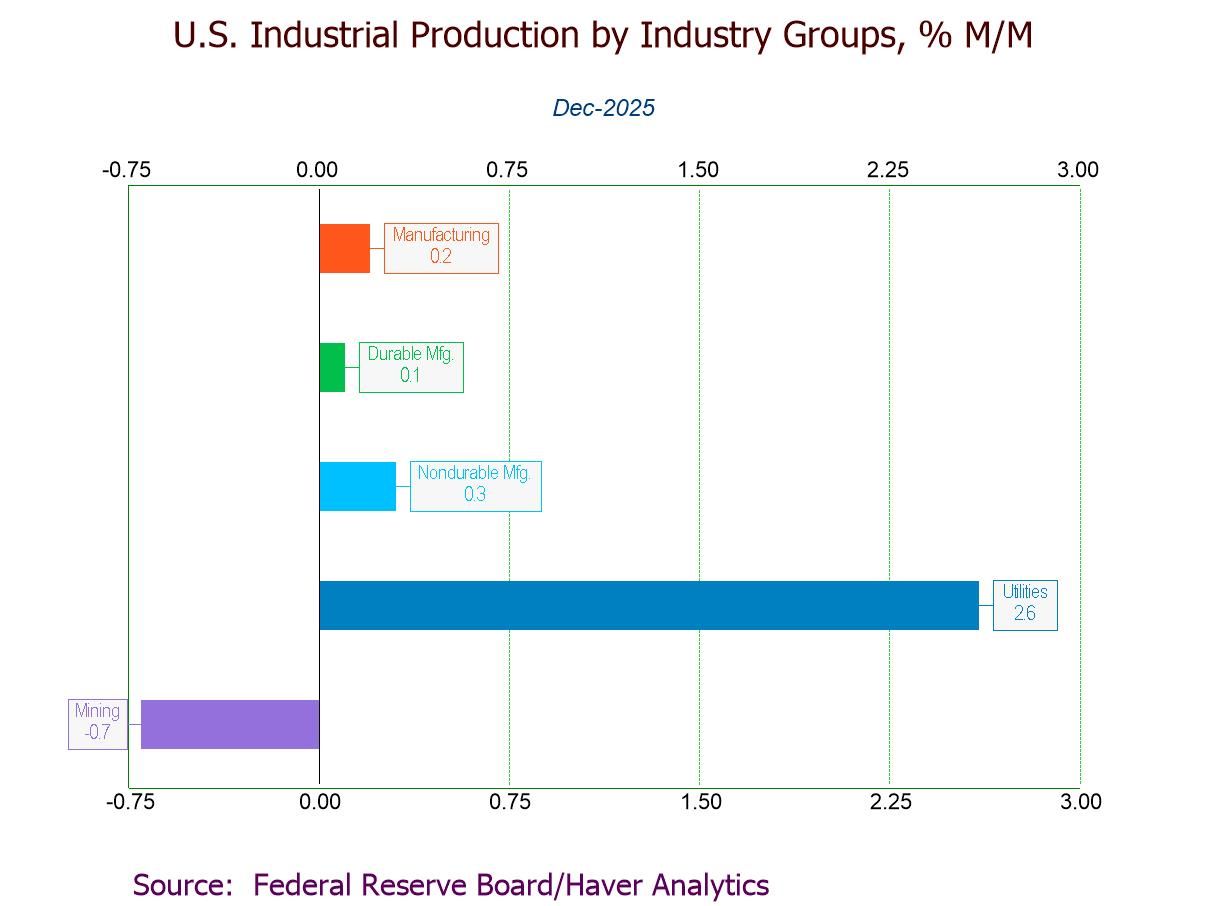 Global| Nov 10 2010
Global| Nov 10 2010France And Italy: IP Gains Begin To Top Out...The G-20 Bottoms Out As Post-Financial Collapse Cooperation Craters
Summary
Like peas in a pod...NOT! -- Despite the similarity in their overall cyclical behavior very different forces are afoot in the Italian and French industrial sectors. Trends in France - French consumer spending is blowing through hot [...]
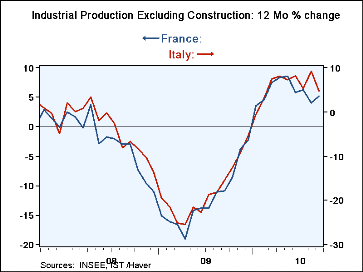 Like peas in a pod...NOT! -- Despite the similarity in their overall cyclical behavior very different forces
are afoot in the Italian and French industrial sectors.
Like peas in a pod...NOT! -- Despite the similarity in their overall cyclical behavior very different forces
are afoot in the Italian and French industrial sectors.
Trends in France - French consumer spending is blowing through hot and cold spells and, with the demonstrations in October yet to be factored in, there is probably more of that volatility to come. In France IP is still expanding at a 4% pace over three-months, nearly maintaining its 5.1% Yr/Yr growth rate... at least for now
Italy's way - In Italy IP growth has come to a halt over three-months. The consumer has been an outright drain on growth with output in that sector falling at a 4.8% pace. Capital spending has slowed but continued at a nearly 9% annual rate over three-months. Intermediate goods output is down to 3% growth in Italy much like its slower pace in France over three-months.
Wrapping up Q3 - But for the just completed quarter Italy will post the better IP numbers as overall production expanded at a 5.7% pace to France's 1.5% pace in the quarter. In the third quarter France was led by consumption while Italy was led by its capital goods expansion.
Uncertainty scores its points - The period ahead is uncertain for both France and Italy. Orders in the zone have been slowing and debt-problems have mounted bringing various financial sector pressures to bear. Although Germany has just released an outlook that is quite upbeat in time for the G-20 summit, incoming reports suggest that optimism may be misplaced. German orders, especially foreign-sourced industrial orders, have sharply dropped off and domestic demand shows no sign of filling in the gaps in Germany. The EMU's most crucial locomotive economy seems to be losing momentum instead of gaining it. Italy has been under various pressures to be more austere. The French have protested the cut back in the retirement age so the prospect for any further moves to austerity there is poor. More-to-the-point here, those 'anti-austerity' protestations will take a toll on the French economy in next month's round of economic data.
Mo-lost - Still it is the loss of momentum that is the biggest risk absent any new push. Greece's Prime Minister (of course?) has been cautioning about the contractionary impact of further cuts to the EU budget. The risk factors remain firmly in place for Europe. Its cold embrace of austerity is about to send a chill down the spine of Euro-growth. Meanwhile, in the UK the BOE is getting ready to take an inflation overshoot as a contractionary VAT hike is set in motion as part of this tilt to austerity. There may be more such 'good news' in store for Europe too. It feels like we are waiting for another shoe to drop and wondering if it's from the caterpillar in Alice in Wonderland.
The G-20 - On the multinational front, it does not seem that the G-20 is bringing any good news for anyone. As we have said many times the G-20 is just too big a group to get any progress. It's so big it has spawned the formation of factions and factions create entrenched divisiveness. But the differences in policy objectives are so great among countries that I doubt the G-3 could have done much better. The US contingent, under the leadership of Tim Geithner, tried the diplomatic gambit of stuffing a program of targets down the throats of the G-20 members who would have none of that especially while the US was off on a program of QE that many of them thought took unfair advantage of them. The US did not articulate its policy and role in the ongoing global expansion or make it clear why supporting a still-weak expansion in the US was in everyone's interests. Had it done so, it might have built out from that with policy 'objectives' for others. But the US sought to push its targets-based approach (which has never been used or embraced in an international forum) and to react defensively to its (the Fed's) choice to pursue QE. The resulting G-20 lock-jaw is therefore not surprising but the entire tone of the G-20 and its reaction to QE-II is curiouser and curiouser. All QE seems to be doing is sending the dollar on path that makes economic sense! Consider these metrics: Large country, huge current account deficit, falling currency... what is contrived about that? Maybe it's the G-20's mindset that has been 'contrived?' Is the game no longer 'fair' when you are not allowed to stack the deck before you play as you had in the past? Such are international perceptions.
| French IP Excluding construction | |||||||
|---|---|---|---|---|---|---|---|
| Saar Except m/m | Sept-10 | Aug-10 | Jul-10 | 3-Mo | 6-Mo | 12-Mo | Quarter- 2-date |
| IP total | 0.1% | 0.0% | 0.9% | 4.0% | 1.1% | 5.1% | 1.5% |
| Consumer Dur | -10.3% | 12.2% | 1.1% | 7.2% | 2.5% | 4.9% | 18.4% |
| Consumer Ndur | -0.1% | -1.5% | 1.8% | 0.8% | -2.6% | 4.2% | 6.5% |
| Capital | 0.0% | 1.1% | 1.6% | 11.4% | 6.5% | 5.6% | 6.5% |
| Intermed | 0.2% | -0.4% | 0.7% | 2.4% | 1.7% | 4.5% | -0.3% |
| Memo | |||||||
| Auto | -6.1% | -0.3% | 9.6% | 10.5% | -17.7% | -2.2% | 10.5% |
| Italy IP Excluding construction | |||||||
| Saar Except m/m | Sept-10 | Aug-10 | Jul-10 | 3-Mo | 6-Mo | 12-Mo | Quarter- 2-date |
| IP-MFG | -2.1% | 2.0% | 0.1% | 0.0% | 5.2% | 5.2% | 5.7% |
| Consumer | -1.8% | 0.3% | 0.3% | -4.8% | -0.8% | 0.0% | -1.8% |
| Capital | -3.7% | 5.3% | 0.7% | 8.7% | 15.8% | 11.8% | 22.4% |
| Intermed | -1.8% | 3.0% | -0.4% | 3.0% | 5.7% | 6.2% | 6.4% |
| Memo | |||||||
| Transportation | -7.7% | 6.5% | 1.5% | -0.9% | 9.4% | 0.8% | 8.1% |
Robert Brusca
AuthorMore in Author Profile »Robert A. Brusca is Chief Economist of Fact and Opinion Economics, a consulting firm he founded in Manhattan. He has been an economist on Wall Street for over 25 years. He has visited central banking and large institutional clients in over 30 countries in his career as an economist. Mr. Brusca was a Divisional Research Chief at the Federal Reserve Bank of NY (Chief of the International Financial markets Division), a Fed Watcher at Irving Trust and Chief Economist at Nikko Securities International. He is widely quoted and appears in various media. Mr. Brusca holds an MA and Ph.D. in economics from Michigan State University and a BA in Economics from the University of Michigan. His research pursues his strong interests in non aligned policy economics as well as international economics. FAO Economics’ research targets investors to assist them in making better investment decisions in stocks, bonds and in a variety of international assets. The company does not manage money and has no conflicts in giving economic advice.



